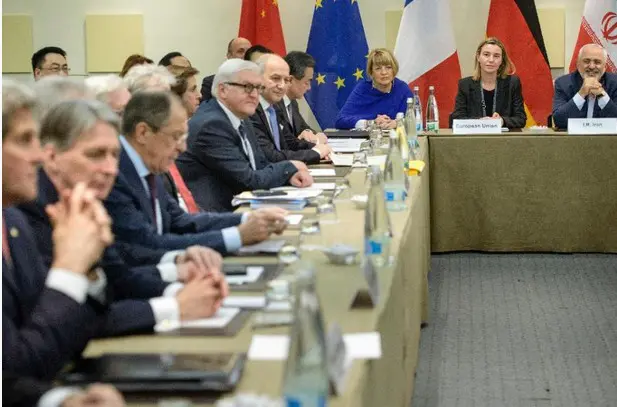U.S. Federal Reserve Chair Janet Yellen said Tuesday that sanctions for currency manipulation should not be included in trade deals because that could "hamper the conduct of monetary policy".
"I would really be concerned about a regime that would introduce sanctions for currency manipulation into trade agreements when it could be the case that it would hamper or even hobble monetary policy," Yellen said in response to a question from Republican Senator Bob Corker during a hearing on her semi- annual monetary policy report before the Senate Banking Committee.
Yellen said there are many factors that influence the value of currencies, including differences in economic growth and capital flows, as well as monetary policy. Addressing currency issues through trade agreements could restrict the Fed's ability to conduct appropriate monetary policy. "I would really worry greatly about that approach," she added.
A group of bipartisan lawmakers have called for the U.S. government to introduce binding currency provisions into trade agreements currently under negotiation by the Obama administration, including the Trans-Pacific Partnership (TPP), which is close to completion.
But the Obama administration has resisted doing so, arguing it could delay or even kill the trade talks. The administration insists that the G20 and the International Monetary Fund are better suited to deal with currency issues than trade agreements.
Nathan Sheets, undersecretary for international affairs at the U.S. Treasury, said last week that diplomacy remains "the strategy that is likely to be the most effective and the most powerful going forward" to address concerns of currency manipulation.
Adam Posen, president of the Peterson Institute for International Economics, also said including currency provisions in trade agreements is "a terrible idea" as it threatens to "blow up" the Asia Pacific trade deal.
 简体中文
简体中文





